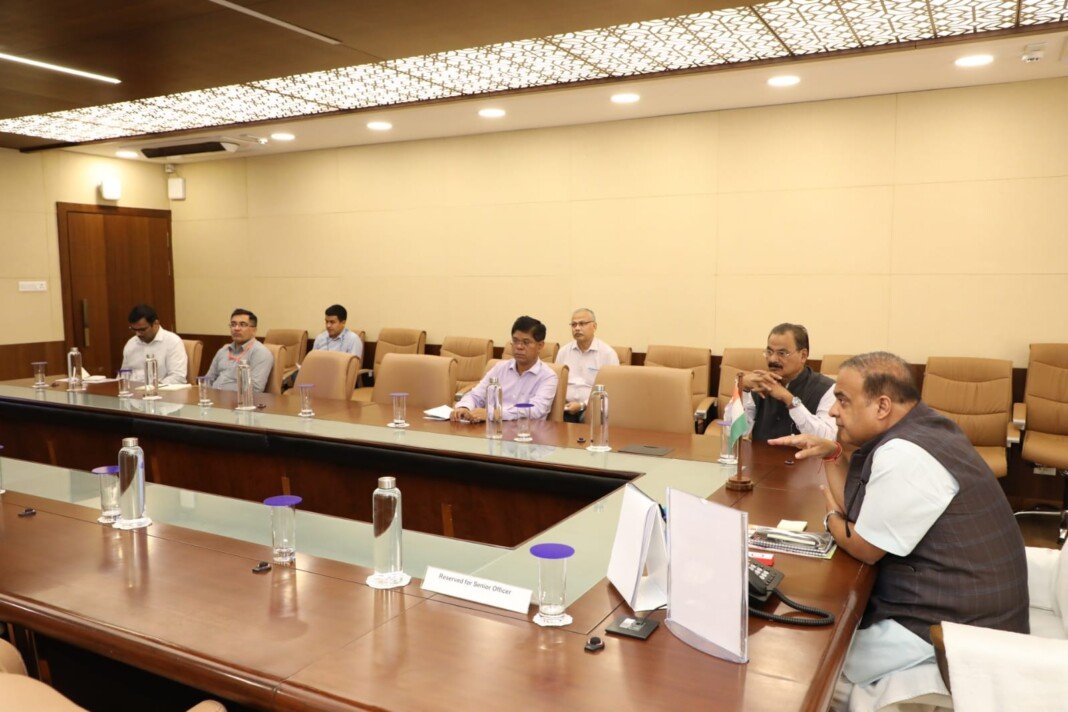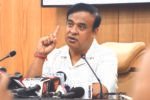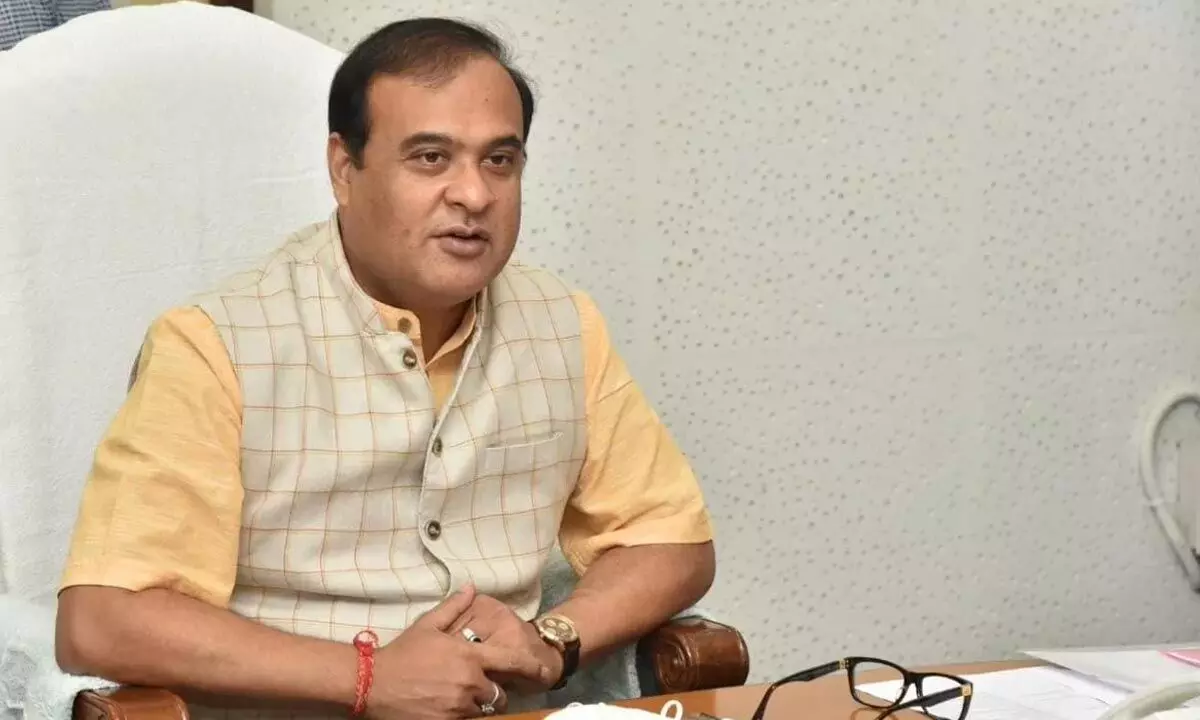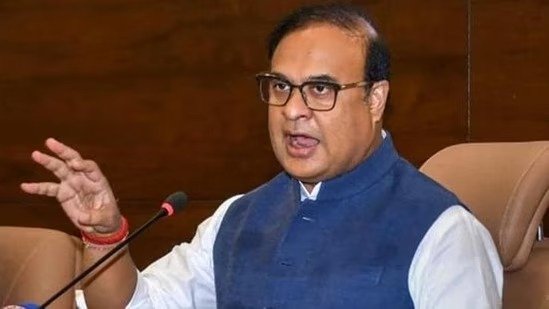HT Bureau
Guwahati, Oct 3: The Assam government has given its nod to the initiation of the process for a “Socio-Economic Assessment” of the state’s five indigenous Muslim communities — Goria, Moria, Deshi, Syed and Jolha.
This decision was taken at a meeting held at the chief minister’s secretariat at Dispur. Chief Minister Himanta Biswa Sarma chaired the meeting, which was also attended by state minority affairs minister Chandra Mohan Patowary and senior officials of the government.
Sarma instructed the authorities concerned to take necessary measures to ensure the upcoming Socio-Economic Assessment. He also directed them to furnish adequate data after its completion so that the statistics can be utilized by the state government to take steps for comprehensive socio-political, academic and economic uplift for the five indigenous Muslim communities.
“The officials should conduct the socio-economic assessment of the five indigenous Muslim communities and furnish the findings before the government. This will help in formulating policies for their socio-political, academic and economic development,” Sarma said.
On the other hand, the state cabinet has already approved the “indigenous” status for these five Muslim communities.
This decision to go ahead with a Socio-Economic Assessment of the members of these five indigenous Muslim communities is expected to provide a push for their inclusive development in the fields of healthcare, cultural identity, education, financial inclusion, skill development and women empowerment, among others.
Himanta Biswa Sarma had also participated in an interactive session titled ‘Alaap-Alochana — empowering the religious minorities’ with the intellectuals and leading citizens of the indigenous Muslim communities of the state. This was followed by a formation of several sub-committees by the state government with representatives of indigenous Muslim community to deliberate on issues related to the members of these communities calling for urgent attention and measures for their mitigation.
The sub-committees, in their reports which were subsequently submitted to the state government, recommended a comprehensive Socio-Economic Assessment covering the members of the five indigenous Muslim communities. The cabinet’s decision to conduct a ‘Socio-Economic Assessment” is an outcome of those sub-committee reports.












